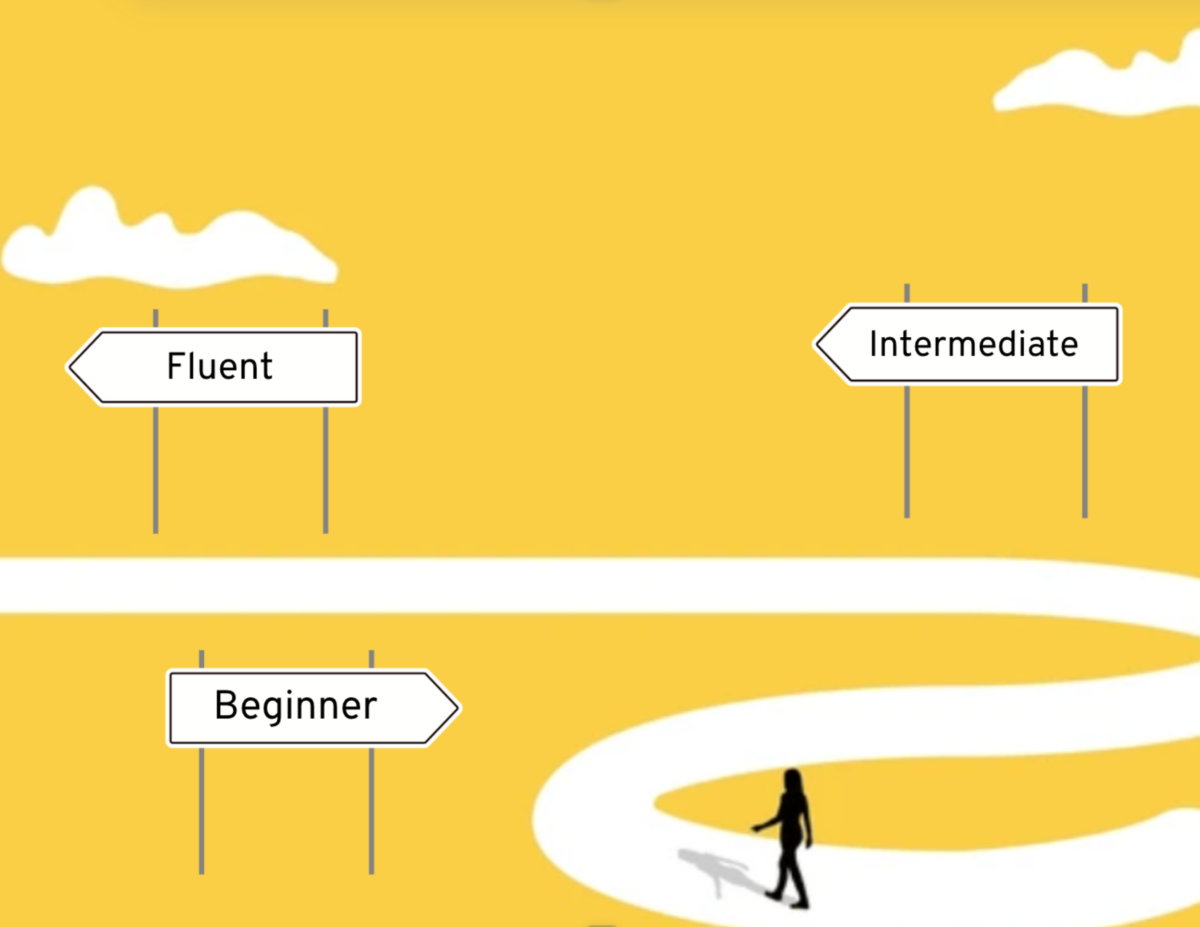
How Long Does it Take to Become Fluent in Another Language?
How long does it take to become fluent in another language? A question I get often that I both love and dread. I love it because the real answer is interesting to me and I enjoy sharing the challenges and adventures that come with language learning. I dread it because the real answer is not what people are generally looking for (i.e. “Are we there yet?” I’ve got bad news for you kid.”) That said, I’d like to begin by rephrasing this question to get to a more palatable answer: How long does it take to get to a satisfying level in another language?
If you take a well-taught Spanish class once a week for 1-2 hours and self- study about the same amount of time, here’s what’s going to happen:
3-6 months: The language will feel less foreign. You will be able to navigate typical tourist situations (e.g. restaurant ordering, getting directions, etc.) and have a short conversation about the weather, likes/dislikes and some basic biographical info all in the present tense only. You will understand the language when it is spoken slowly and clearly in short and simple sentences.
1-2 years: You will be able to hold a conversation on just about any topic using the past, present and future. You will have enough vocabulary to express what you want to say albeit not with the most precise wording and likely making quite a few minor grammatical errors along the way. In one-on-one situations, you will be able to follow most of what is being said if the language is spoken clearly and less than full speed.
Either of these benchmarks could be your level of “satisfaction”. To enjoy speaking a second language you do not need to be perfect. In fact, it doesn’t take a crazy amount of time and effort to get to a place in which your travels to a country where your second language is spoken become a lot more interesting and might even inspire you to keep at it!
There are all sorts of caveats to this including, the difficulty of the language, the effectiveness of the class you’re in (or your self-study model) and your own ability to absorb and produce language, but this is the gist.
And now for the real answer! By “fluent” I mean a level that is the equivalent of a native speaker at the middle to high school level. According to ACTFL, here are the numbers of hours you will need to study to get there:
720 Hours: Scandinavian and Romance languages, Swahili, Dutch, etc.
1320 Hours: Slavic languages, Turkic languages, Southeast Asian languages, Hindi, Urdu, Greek, German, Farsi, Finnish, Hebrew, Hungarian, etc.
2400-2760 Hours: Arabic, Chinese, Japanese, Korean, etc.
Knowing all this, what is my advice? You don’t reach the top of Mt. Everest by staring at the top. You get there by starting with smaller goals and by putting one foot in front of the other, one step at time. Commit yourself to 6-month program, and see how you feel after that. That may be all you need and that is just fine.
By Elizabeth Zackheim, co-founder of ABC Languages